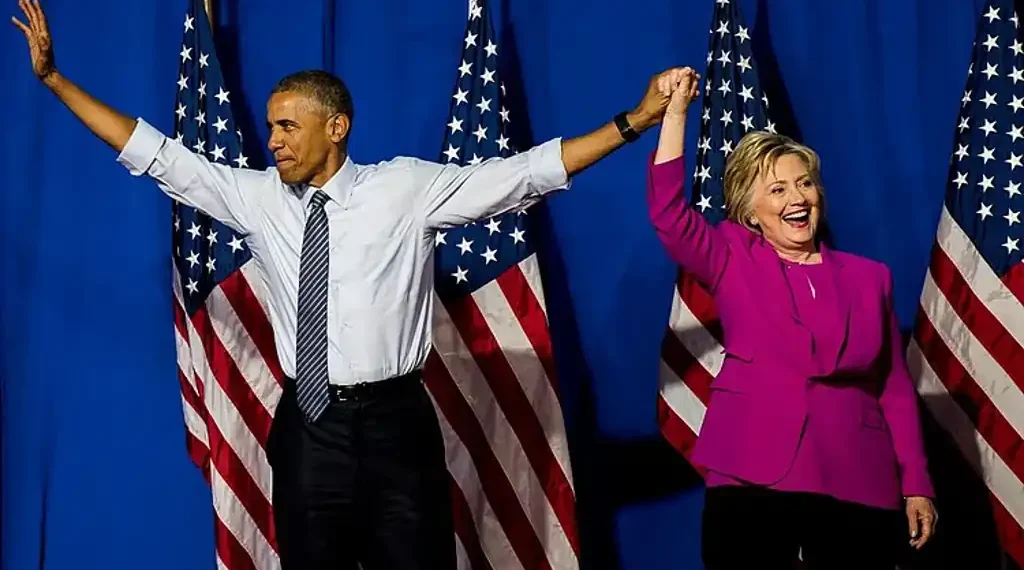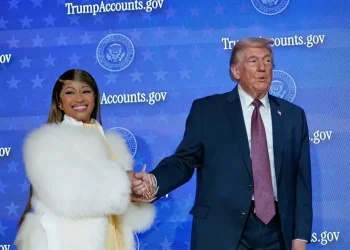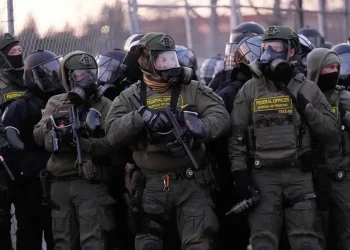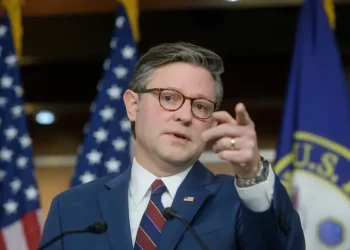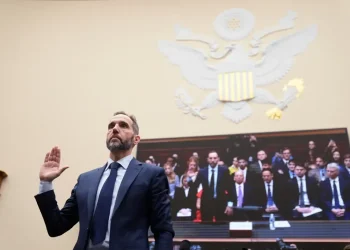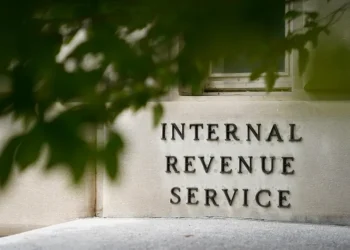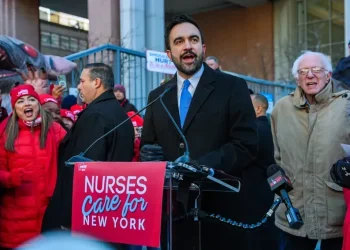Fresh Russiagate revelations reignite scrutiny of 2016 intelligence reports
Written July 29, 2025, 16:00 (U.S. Eastern Time)
A series of newly declassified documents released by Director of National Intelligence Tulsi Gabbard has reignited debate over the origins and handling of the Trump-Russia investigation. The disclosures suggest senior Obama administration officials may have manipulated intelligence processes during the 2016 election transition—raising calls for a fresh inquiry by the Department of Justice.
Gabbard’s disclosures reopen a contentious chapter
The controversy known as “Russiagate” first emerged during the 2016 U.S. presidential campaign and evolved into a major political investigation under the Trump administration. At the time, widespread media and political narratives alleged that Donald Trump had been aided by the Russian government and may have acted under Kremlin influence.
These allegations were reinforced by the January 2017 Intelligence Community Assessment (ICA), which concluded that Russia had interfered in the election with a “clear preference” for Trump. Now, documents released by Gabbard suggest that the assessment may have been unduly influenced by political considerations.
According to Gabbard, the newly released material shows that the ICA was driven by a small group of handpicked analysts under the direction of then-CIA Director John Brennan, and was produced with unusual speed and limited internal vetting.
Key players under renewed scrutiny
The declassified documents include memos and internal communications from senior intelligence officials during the final months of the Obama administration. Among those implicated are Brennan, former Director of National Intelligence James Clapper, former FBI Director James Comey, and former President Barack Obama himself.
One of the most significant revelations comes from a previously classified 2020 report by the House Permanent Select Committee on Intelligence (HPSCI). The report claims that the ICA was not the result of standard intelligence community procedures, but rather a fast-tracked effort led by top political appointees. It also suggests that the controversial Steele dossier—a document funded by the Clinton campaign—played a role in informing the assessment, despite earlier denials by officials.
Notably, the report states:
“The draft was not properly coordinated within the CIA or the IC, ensuring it would be published without significant challenges to its conclusions.”
This finding directly contradicts past testimony from Brennan, who has repeatedly stated that the CIA did not rely on the Steele dossier in its assessments.
Calls for accountability and legal review
Gabbard’s disclosures have prompted calls from legal commentators and lawmakers for further investigation. Attorney General Pam Bondi has announced the formation of a Department of Justice “strike force” to evaluate potential wrongdoing, though it remains unclear whether criminal charges could be pursued.
Some legal experts have pointed out that the five-year statute of limitations for perjury may still apply in the case of Brennan’s 2023 congressional testimony. Others have suggested potential violations under 18 U.S. Code § 242 (deprivation of rights) or § 2384 (seditious conspiracy), though these face statute of limitations and constitutional hurdles.
Moreover, the Supreme Court’s 2024 decision in Trump v. United States clarified that a sitting or former president has broad immunity for official acts. That would likely shield Obama from prosecution for decisions related to intelligence authorizations made while in office.
Political fallout and public trust
Even in the absence of further prosecutions, the long-term impact of Russiagate on public trust in government remains significant. The affair, along with subsequent events such as COVID-19 mandates, social media censorship, and concerns over the Hunter Biden laptop story, has contributed to growing skepticism toward federal institutions.
As Gabbard noted during the release of the documents, the incident reflects “the most egregious weaponization and politicization of intelligence in American history.”
This view is shared by many on both sides of the political aisle, who believe the use of intelligence tools for political ends has eroded the credibility of U.S. oversight agencies.
Revisiting the Steele dossier’s role
A central theme in the latest documents is the connection between the 2017 ICA and the discredited Steele dossier. Compiled by former British intelligence officer Christopher Steele and funded by Democratic political operatives, the dossier made sensational but largely unverified claims about Trump’s ties to Russia.
The new documents allege that Brennan and others were aware of the questionable nature of the dossier but proceeded anyway. When confronted by CIA analysts at the time, Brennan reportedly replied: “Yes, but doesn’t it ring true?”
That remark, critics argue, encapsulates the broader problem: a willingness to accept politically useful claims without rigorous verification.
What comes next?
Despite the explosive nature of the revelations, it remains uncertain whether new legal or political consequences will follow. Former U.S. Attorney John Durham already investigated the origins of the Trump-Russia probe, resulting in limited prosecutions—most notably the conviction of FBI lawyer Kevin Clinesmith, who received probation for altering a FISA warrant.
Legal experts suggest that unless the Department of Justice takes a more aggressive approach, the primary impact of Gabbard’s disclosures will be political rather than legal.
Still, there is growing bipartisan concern about how intelligence agencies conduct politically sensitive investigations.
As Free Press columnist Abigail Shrier observed in 2022, “Playing offense… may be the only means of achieving a much-needed truce.” Whether the current administration embraces that strategy remains to be seen.
A scandal with long-term consequences
Even if no further indictments are forthcoming, the Gabbard documents offer a stark reminder of how political narratives can shape—and sometimes distort—national intelligence. For many Americans, Russiagate is no longer just a partisan controversy. It is viewed as a defining moment in the broader debate over transparency, accountability, and institutional integrity.
As the nation prepares for another election cycle, the implications of these revelations continue to ripple through public discourse. Whether justice will be served through legal action or simply at the ballot box is still an open question.
This article was rewritten by JournosNews.com based on verified reporting from trusted sources. The content has been independently reviewed, fact-checked, and edited for accuracy, neutrality, tone, and global readability in accordance with Google News and AdSense standards.
All opinions, quotes, or statements from contributors, experts, or sourced organizations do not necessarily reflect the views of JournosNews.com. JournosNews.com maintains full editorial independence from any external funders, sponsors, or organizations.
Stay informed with JournosNews.com — your trusted source for verified global reporting and in-depth analysis. Follow us on Google News, BlueSky, and X for real-time updates.
